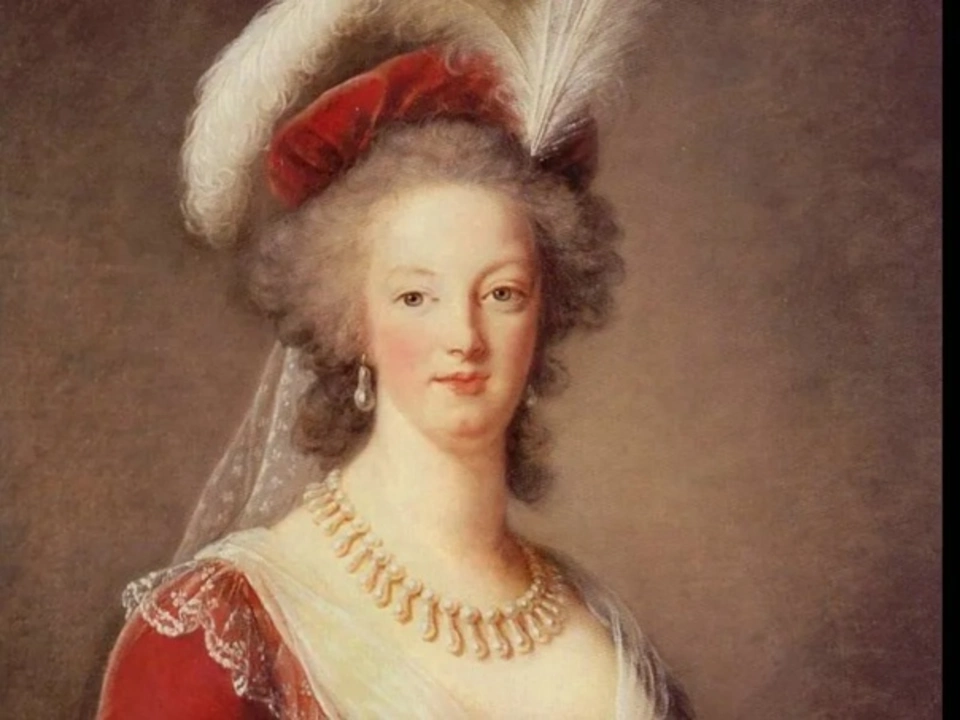
Examining the Life and Legacy of Marie Antoinette, Queen of France During the French Revolution
The French Revolution of 1789 to 1799 was a tumultuous period of social and political unrest that ultimately saw the end of the monarchy. Marie Antoinette, the wife of Louis XVI, was one of the most prominent figures of the Revolution. Though she was a powerful and influential figure for a time, she ultimately came to represent the excess and corruption of the monarchy that led to its downfall.
Marie Antoinette was born in 1755 in Vienna, Austria, to Empress Maria Theresa. She was betrothed at a tender age to Louis Auguste, the Dauphin of France, in a political marriage arranged to strengthen the alliance between Austria and France. At the time, it was not unusual for princesses to be betrothed at a young age, and Marie was married off to the Dauphin at the age of 15. The two were married in 1770, and Marie became Queen of France when her husband ascended to the throne in 1774.
Marie Antoinette was initially popular with the French people, as she was seen as a fresh face of the monarchy and a symbol of youth and beauty. However, her popularity quickly dissipated as her lavish lifestyle and extravagant spending habits came to light. She was seen as a symbol of the excesses of the monarchy, and her actions were used as a rallying point for the revolutionaries. She was also a target of vicious attacks from the revolutionaries, who accused her of adultery and of squandering the country's money.
The French Revolution saw the end of the monarchy, and Marie Antoinette was arrested and imprisoned in 1793. She was later tried and convicted of treason, and she was executed by guillotine in 1793. Her death marked the end of the monarchy in France, and her legacy was left as a cautionary tale of the excesses of the monarchy and the dangers of absolute power.
Marie Antoinette's life and legacy are an important part of the history of the French Revolution. She was a powerful and influential figure during her time, but ultimately she came to represent the corruption and excess of the monarchy that led to its downfall. Her death marked the end of the monarchy, and her life and legacy have served as a reminder of the consequences of power and privilege.
Exploring the Impact of Marie Antoinette's Reign on the French Revolution
Marie Antoinette was the Queen of France during the French Revolution. She was married to Louis XVI, the King of France, and they had four children together. Marie Antoinette was known for her extravagant lifestyle and her costly wardrobe, which were both very unpopular during a time of economic hardship and famine. Her lavish spending and disregard for the economic struggle of the French people further contributed to the unrest and discontent that fueled the French Revolution.
Marie Antoinette was seen as the symbol of the monarchy, and her unpopularity made her a target for revolutionaries. Her refusal to cooperate with the revolutionaries during the early stages of the revolution caused her to be seen as an enemy of the people. When the king was overthrown, Marie Antoinette was arrested and eventually executed. Her death was seen as a victory for the revolutionaries, and it served as a reminder of the power of the people.
Marie Antoinette's reign had a significant impact on the French Revolution. Her refusal to cooperate with the revolutionaries and her unpopularity among the people served to fuel the discontent that led to the overthrow of the monarchy. Her death was seen as a victory for the revolutionaries, and it served as a reminder of the power of the people and their ability to overthrow an oppressive government.
The French Revolution was a turning point in the history of France, and Marie Antoinette's reign had a major impact on the course of the revolution. Her extravagant lifestyle and disregard for the economic struggle of the people led to her unpopularity, which made her a target for the revolutionaries. Her death was seen as a victory for the revolutionaries, and it served as a reminder of the power of the people and their ability to overthrow an oppressive government.


